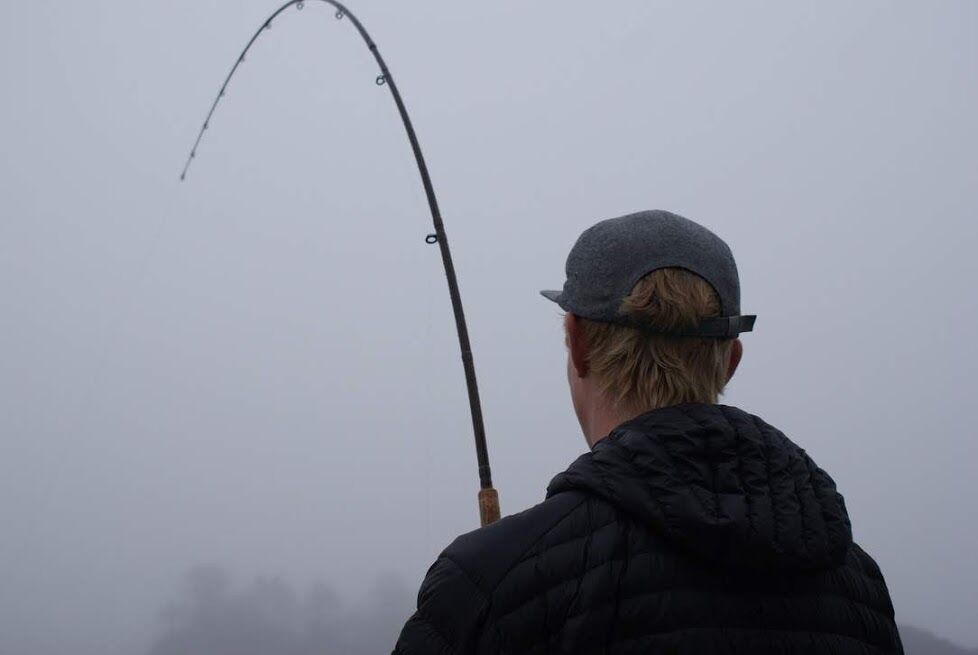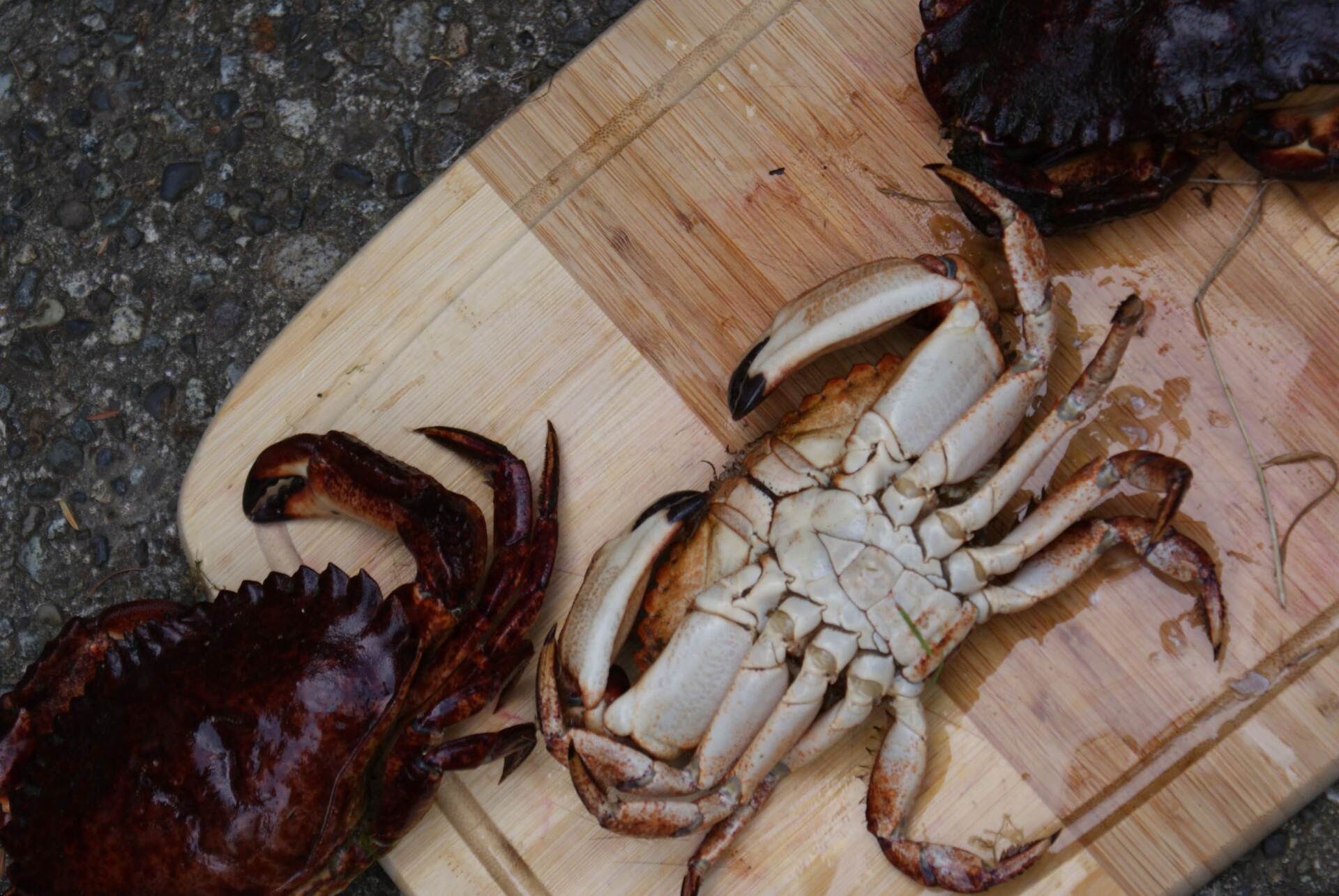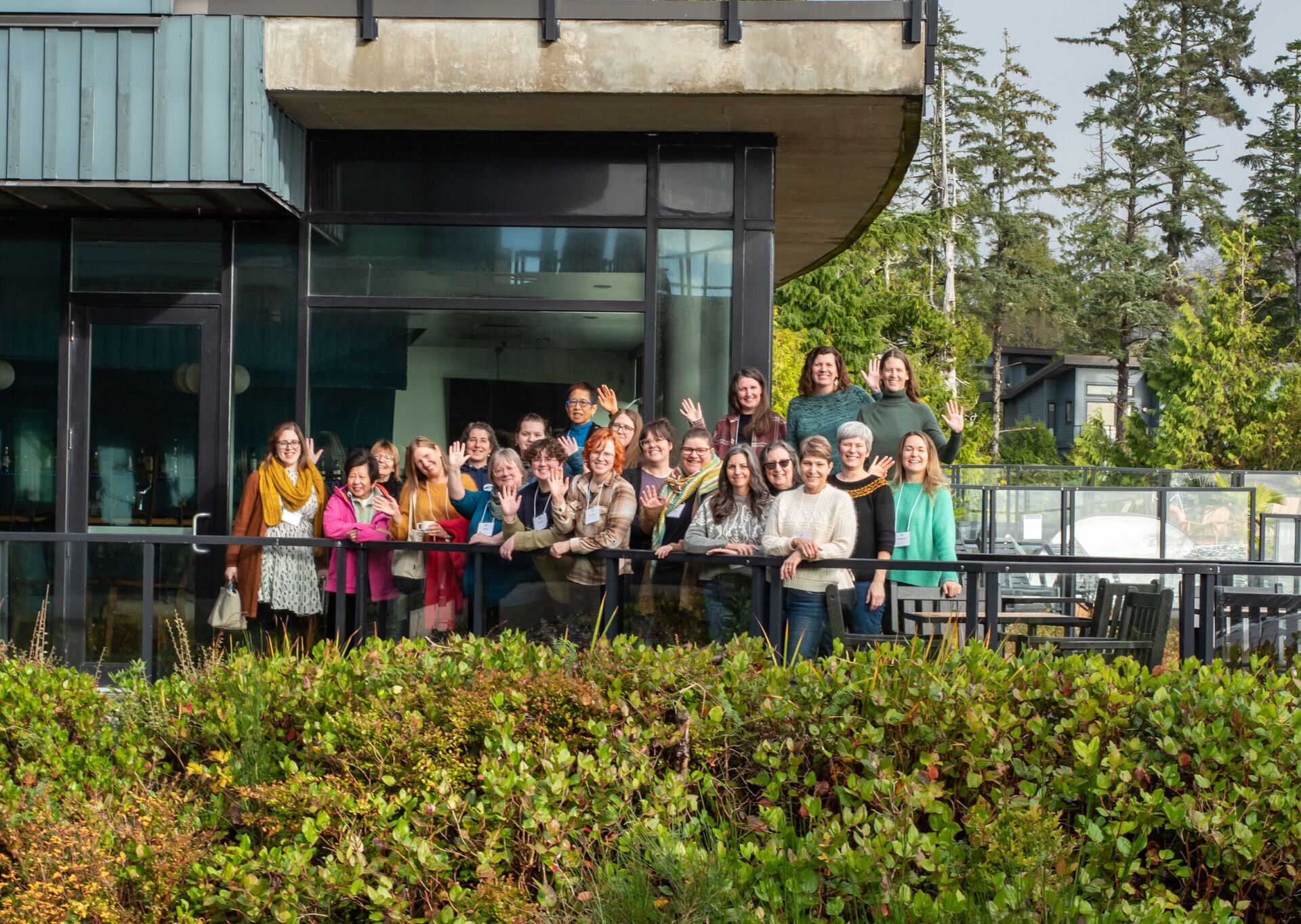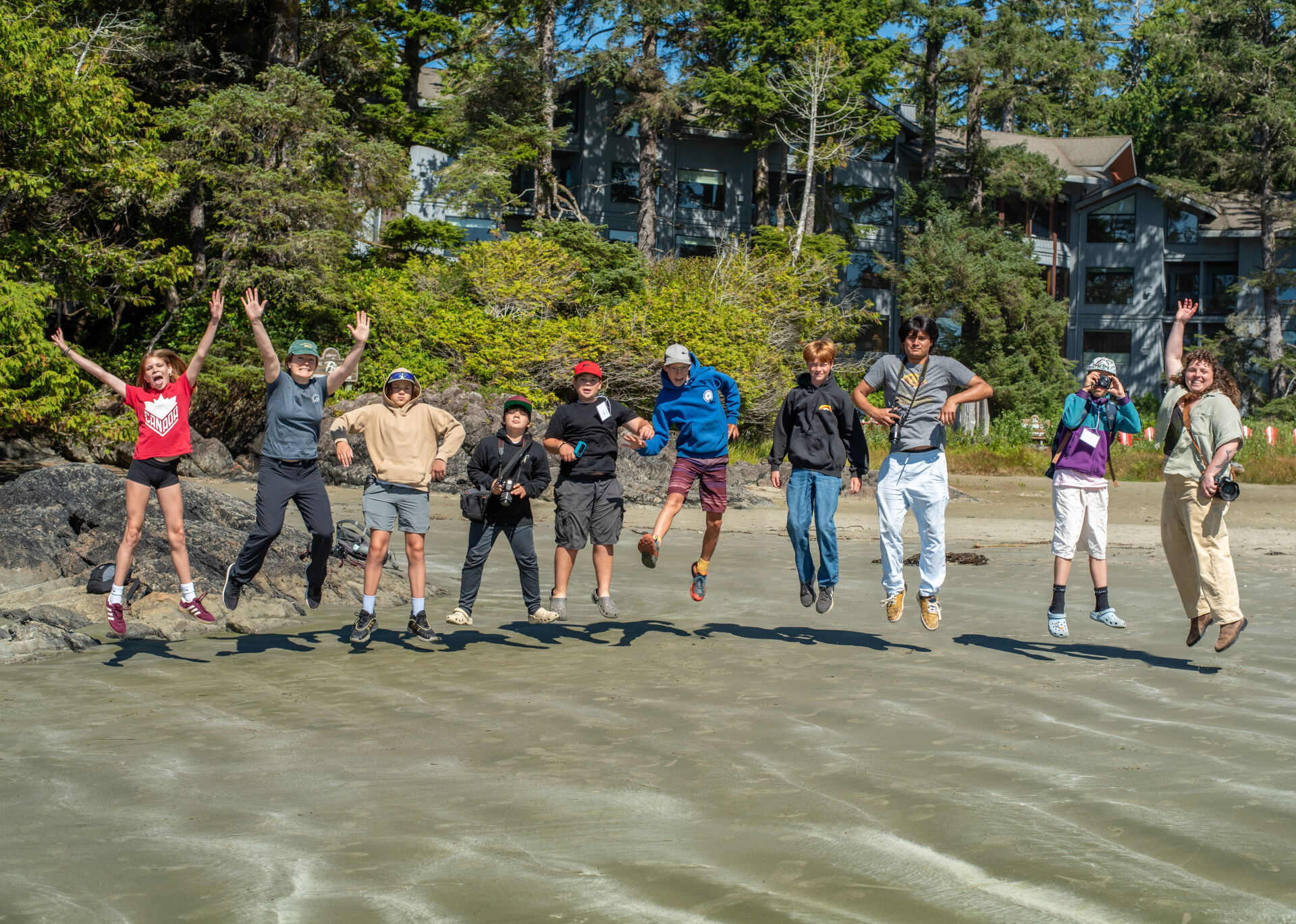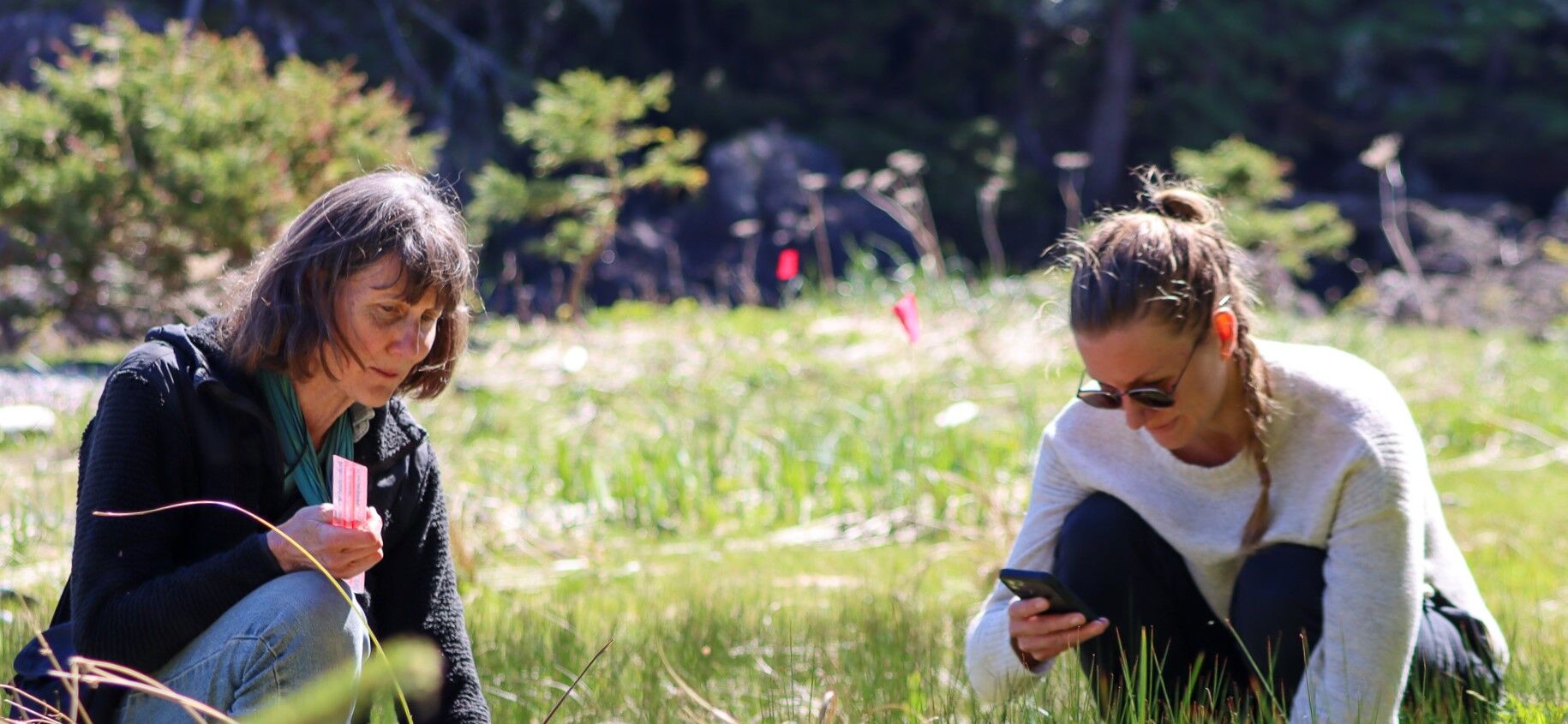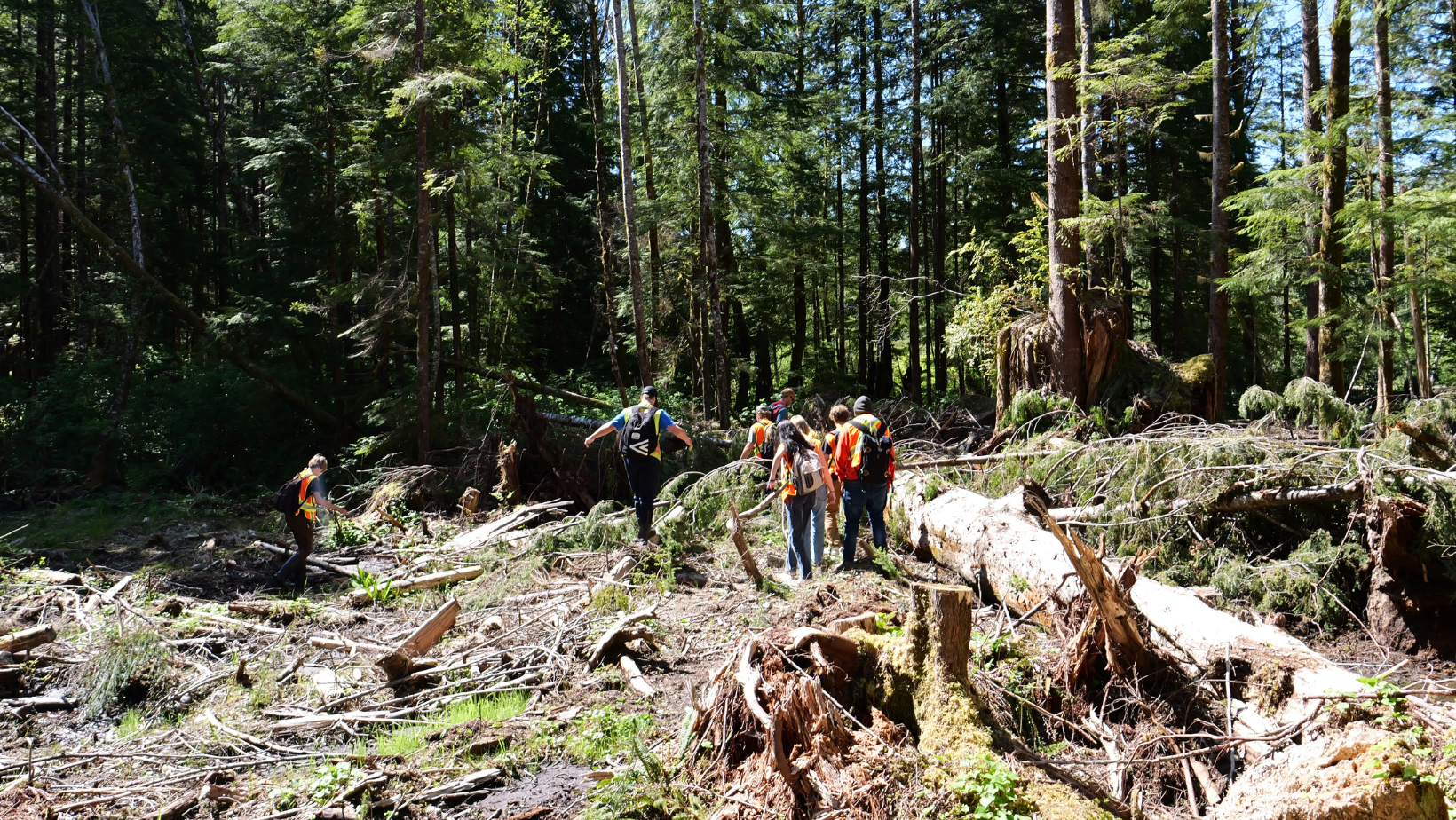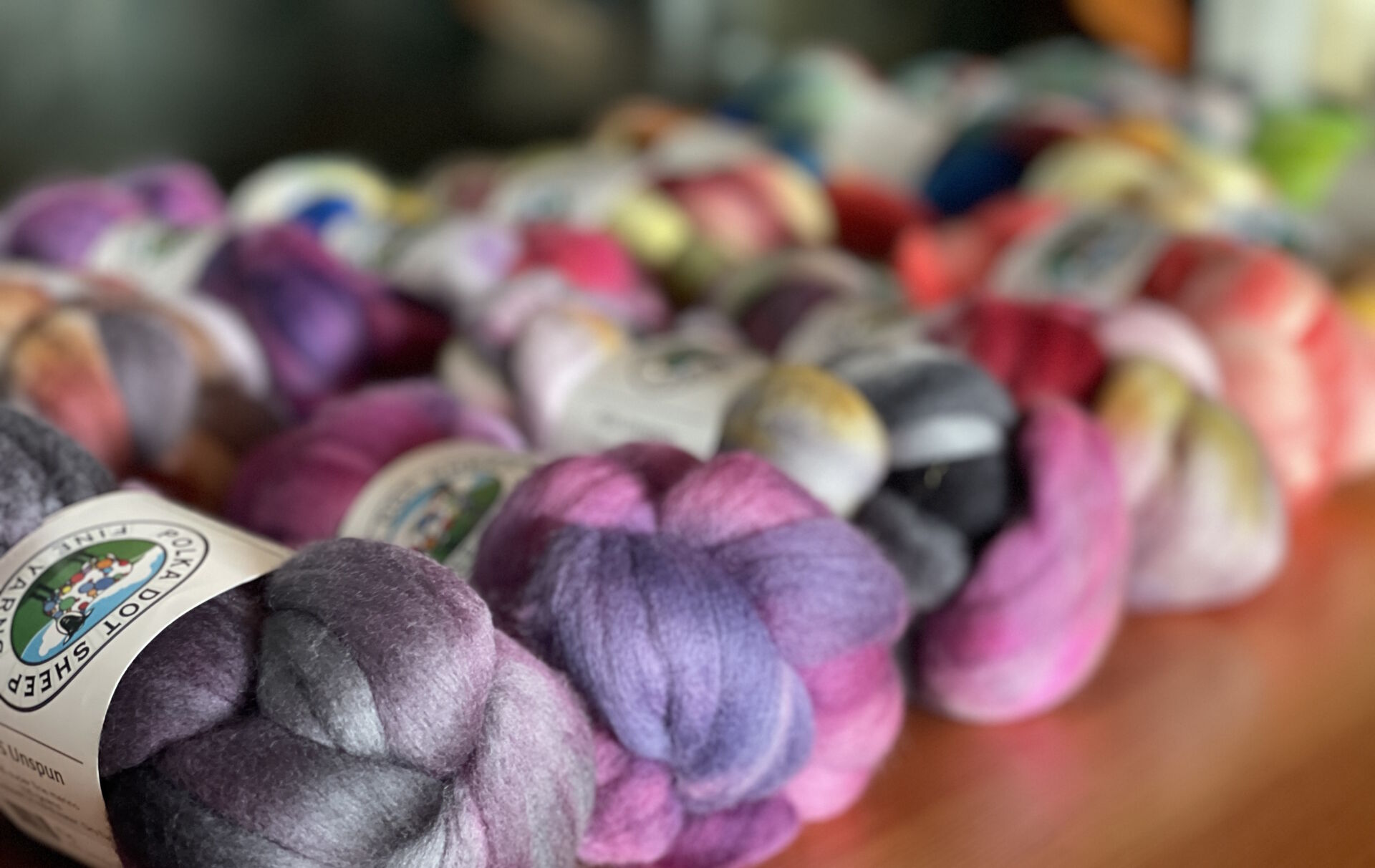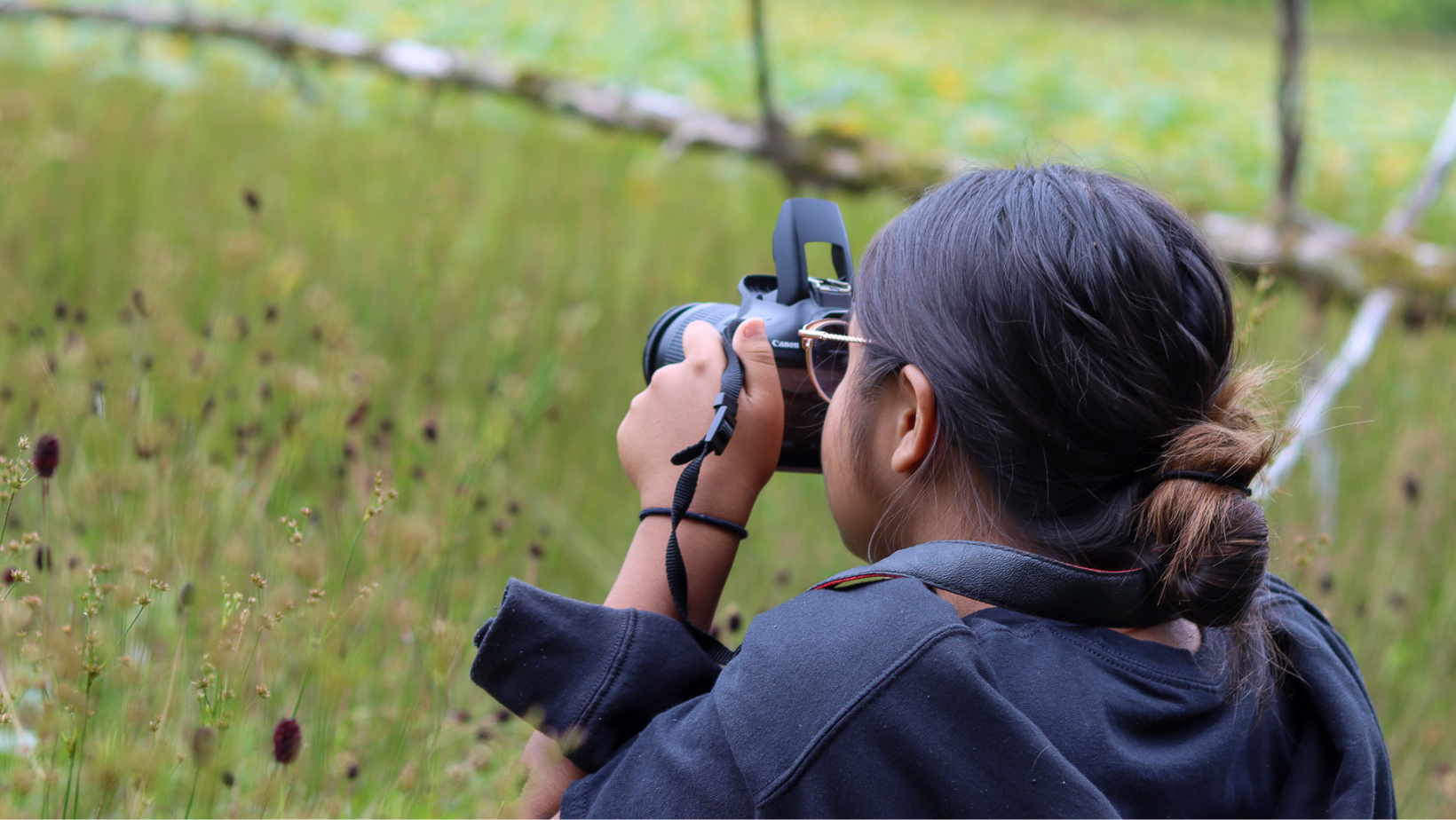Sustainable and Ethical Marine Harvesting
“I think [this course] is super educational and inspiring and should be included in many other parts of information you learn when you come to Tofino” ~ Anjouli Suryakomar, Vancouver, October 2019
Living on the west coast grants access to an abundance of marine animals and seaweeds that can be collected and prepared for consumption. Whether you’re interested in fishing with a rod, spearfishing, crabbing, oyster picking, or kelp harvesting, the seashores offer a plentiful variety and ensuring we are harvesting these resources in a sustainable and ethical manner is crucial. Ocean changes are happening rapidly, and it is important to understand the effects of our harvesting activities.
West Coast N.E.S.T. teamed up with the Ucluelet Aquarium to create a Sustainable and Ethical Marine Harvesting course for people interested in recreational fishing, shellfish harvesting, and kelp foraging. The purpose of the course was to provide fishers and foragers with the essential knowledge and tools they need to make informed decisions around their catch.
Offered twice in 2019, experienced speakers with diverse backgrounds shared their knowledge with the group, giving a wide perspective on current issues surrounding sustainable and ethical choices. Speakers included: Laura Griffith-Cochrane from the Ucluelet Aquarium, Josh Charleson from Uu-a-thluk (Taking care of, Nuu-chah-nulth Tribal Council Fisheries), and Dan Smith of the Department of Fisheries and Oceans (DFO).
The conversation circled around a number of topics such as fish identification, life history, handling techniques, stress reduction, tool cleanliness, plus many more. In an age where the ocean has become fragile, it’s more important now more than ever that we interact with it in a thoughtful and respectful way. The ocean plays a vital role in sustaining our community, therefore it is critical that we gain as much local knowledge as possible in order to understand its complexity and reduce harmful effects such as over-harvesting, or worse, driving a species to extinction.
Laura raised an interesting point of discussion when she explained the difference between hunting and fishing laws. Hunters must go through a three-day course to learn the importance of wildlife conservation, hunting laws, ethics and responsibility, as well as, outdoor safety and survival techniques. Following that, one must take a Canadian Firearms Safety Course to learn how to safely use and store firearms and then apply for a Possession and Acquisition License.
All of these steps are important in making sure the hunter is prepared and knowledgeable before taking the life of an animal. Be contrast, the process to begin marine harvesting is much simpler. Anyone can purchase a Tidal Waters Fishing License for $22.05 online through the DFO website. Afterward, it is left to the purchaser to read up on the laws and regulations as well as print off the license and record certain catches throughout the year.
Born and raised in Hot Springs Cove, and a member of the Hesquiaht First Nation, Josh Charleson spoke about his marine harvesting experience. Josh has lived and worked on the water in a variety of roles including fisherman, fisheries technician, kayak guide, and Fisheries Guardian. He shared his unique worldview and talked a concept in Nuu-chah-nulth culture called hišukʔiš ca̓ waak which means everything is one and interconnected.
Dan Smith from DFO discussed the Fisheries Act, Fishery General Regulations, and identifying Species at Risk Act. Presentations were followed by an engaging question period where speakers could provide differing viewpoints to provide detailed and complementary answers to complex issues surrounding sustainable and ethical marine harvesting issues.
The October Sustainable and Ethical Marine Harvesting event, hosted by Tofino Resort + Marina, included tasty appetizers prepared by 1909 Kitchen, Kelp Stout from Tofino Brewing Co., and door prizes!
Whether participants were new to harvesting or had been harvesting marine resources for years - everyone learned something new that will help them to make more sustainable and ethical harvesting decisions. Be sure to join us for future course offerings. Details will be available on the West Coast N.E.S.T. course listings.
This course was “Well done! Insightful + the people speaking are inspirational. Good choice!” ~Anon. October 2019.
"All of [the information] was useful and informative. All 3 speakers provided a unique angle. Excellent. Make more widely available!” ~ Jennifer, Tofino, October 2019.
“I have never harvested before so now I feel that I have lots of tools to get started.” ~ Samantha Sturgeon, Tofino, April 2019.
“This course gave me a lot of info from different sources that are so helpful. From the Fishing BC App, Q&A periods, common fish id and the emphasis on caring for the animal as more than a commodity.” ~ Jonquil Crosby, Ucluelet, April 2019.
